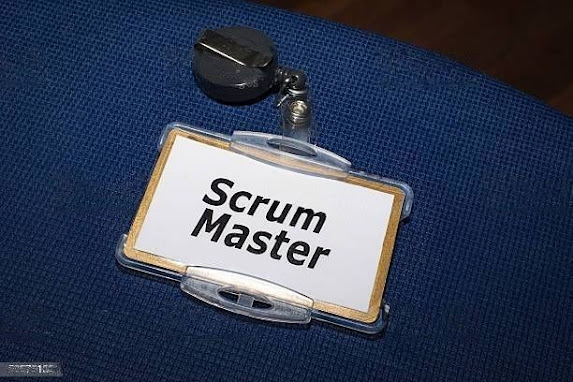Project Management - From Team Perspective
.jpg) |
| Project Management |
A regular, honest assessment of your own project management style is a good way to develop and learn as a professional. Self-evaluation as well as the consideration of feedback from others and project lessons learned will help with this.
Your leadership style, knowledge, and skills are all areas that may be considered and improved - but have you ever thought about the lessons you can learn by considering the perspective of your project team? Looking from the outside in can often be one of the best ways to honestly reflect on your project management approach, enabling you to make constructive and relevant improvements as a result.
Providing a thorough brief
Firstly, think about the way you conduct your project kick-off. As a team member, you will be coming in fresh to a project with no preconceptions or prior knowledge. Your project team will be looking for:
• An overview of the project - what is it exactly? This may include technical requirements or a high-level explanation of the end product.
• What are the aims of the project, and why? Understanding is key in order to engage fully with a project.
• What is my role? Specific tasks and expectations will help to define this.
• How will the project be run? What project management methodology or framework will be applied, and how do I fit into this? Explain roles in specific terms.
• How do we report our progress? Are updates expected in real-time, or on a daily / weekly basis?
• What do we do if there is a problem - how do I report this?
• Is there peer support available?
• What deadlines are we working to?
As you can see, by viewing the project kick-off briefing meeting through the eyes of your team members, you can understand just how rich and complete your information needs to be in order to facilitate effective working. This first stage will set the tone for the entire project - so it is crucial to get it just right.
The importance of good communication
Thinking about how you communicate with your team is important - and looking at yourself from the perspective of individuals within your project team will help you to improve your communication methods. For example, if half of your team work from home or are part-time, you will need to think about how this affects their ability to work productivity. Changing your channels of communication such as providing short daily progress summaries may help them to connect with the project and be more efficient as a result.
In some instances, your limitations as a project manager may result in a review of your communication methods. For example, if you are project managing a particularly technical deliverable that you have little knowledge of, you should ensure that your team members have access to peer support who will be able to assist in a constructive, expert way.
Other questions to consider throughout your project lifestyle include:
• Are my team motivated? If not, how can my leadership enhance motivation levels?
• Have I kept my team updated with relevant information?
• Are the individual qualities and assets of my team members being utilized? If not, how can I use them to better effect?
• What do I have to learn from my team in terms of my leadership style?
Good project management is in part governed by your willingness to learn from others, whilst regarding your professional development as an organic process, which involves taking project management training courses when appropriate. Understanding exactly how your approach, attitudes, and methods may affect your team - for better or for worse - will help you to improve as a professional



Comments
Post a Comment